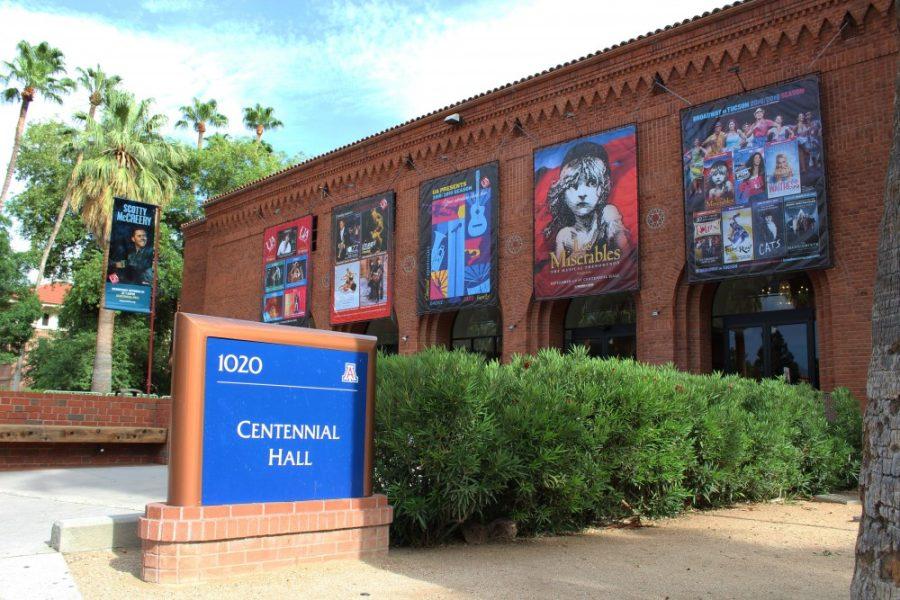Last week, a 14-year old Muslim named Ahmed Mohamed was arrested at his high school in Irvine, Texas, when a homemade clock that he brought to school was mistaken for a bomb by his teacher. She alerted school authorities and police were contacted, resulting in Mohamed’s arrest and a three-day suspension from school.
The arrest led to outcries of disbelief from numerous sources including President Barack Obama, who invited Mohamed to the White House; Facebook CEO Mark Zuckerberg, who praised Mohamed for his clock; and MIT, which invited him to tour the campus.
In contrast were those who dissented and argued that the teachers were justified in contacting the police. Both Sarah Palin and her daughter, Bristol, posted on social media to express their support of the school, and Bill Maher, liberal HBO talk show host, surprisingly also agreed that the school was justified in its actions.
“People at the school thought it might be a bomb because it looks exactly like a [expletive] bomb,” Maher said.
Although Maher makes a fair point in defending the actions of the school, he and the Palins were wrong to argue that the arrest was justified. The school, of course, has policies that need to be followed when any sort of threat develops, especially given the prevalence of recent school shootings across the U.S. The administration of the school was right to contact police regardless of the student’s race. If the teacher felt threatened by a potential weapon, she had an obligation to report it to school authorities.
Mohamed’s machine was quickly proven not to be dangerous and the school did not bring in a bomb squad or put the campus on lockdown. Yet, despite the obvious mistake, the police still arrived, arrested Mohamed, put him in the patrol car with his clock and removed him from school.
Sarah Palin argued in a Facebook post that police were justified in arresting Mohamed, writing, “Yep, believing that’s a clock in a school pencil box is like believing [President] Barack Obama is ruling over the most transparent administration in history.” Her daughter chimed in, saying that the press Mohamed is getting and the invitation from Obama “encourage[s] more racial strife.”
And to an extent, they’re right: the arrest of Mohamed was not a surprise, not because he committed a legitimate crime, but because of the rampant Islamophobia that is prevalent in America today.
Just days later, Republican presidential candidate Donald Trump said he would “look into” the problem of Muslims in America. Another presidential hopeful, Ben Carson, said he would not support a Muslim president, claiming Islam is inconsistent with the contents of the Constitution.
A recent Gallup poll showed that more than half of the Muslim societies outside of America believe that Muslims in the West are not treated like equal citizens. Angry, armed protests at mosques—which are peaceful centers for prayer—threaten the safety and freedom of religion to which Muslims in America are entitled. Yet critics still blame Obama for inciting racial strife.
The problem of Islamophobia is not an isolated incident stemming from the arrest of Mohamed. Instead, it comes from the fear-mongering, distortion of truth and blatant lies that are so often encountered when discussing the Muslim faith.
Media sources often promote inaccuracies, such as CNN host Chris Cuomo’s claim that Muslims are “unusually barbaric,” or Fox News’ Andrea Tantaros stating that “you can’t solve [Islam] with a dialogue. You can’t solve it with a summit. You solve it with a bullet to the head. It’s the only thing these people understand.”
America has developed a culture that disrespects and profiles a religion practiced by 1.57 billion people worldwide. It has become commonplace for politicians to dehumanize Muslims, even those who are American citizens. And now, especially with a potential influx of Syrian refugees, Muslims will be more prevalent than ever in America.
Rather than spew hatred and misinformation, the media needs to refrain from sensationalist, xenophobic views that lead to arrests like Ahmed Mohamed’s, and instead promote tolerance and acceptance of a religion not entirely different from many others practiced around the world.
Follow Cooper Temple on Twitter.








